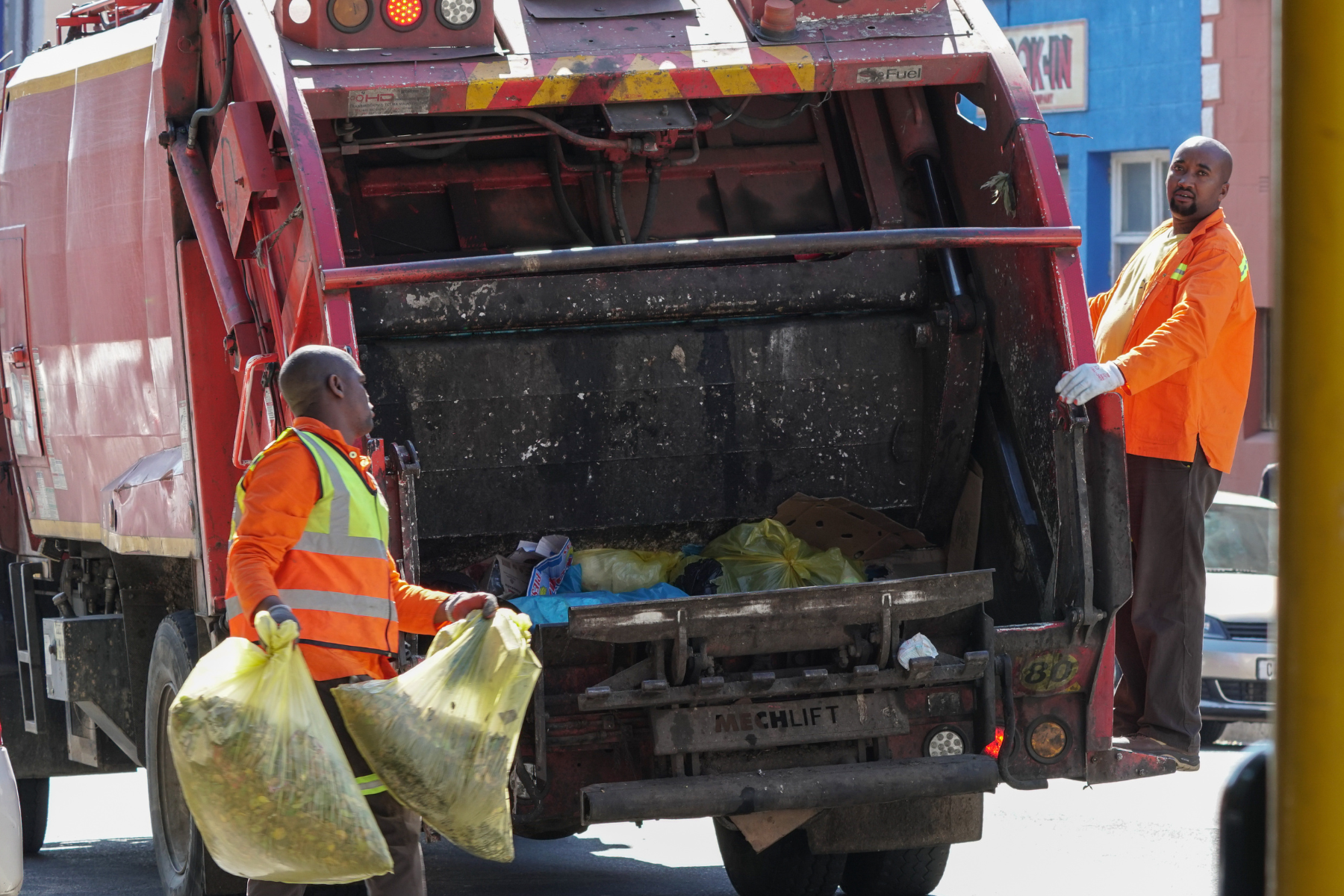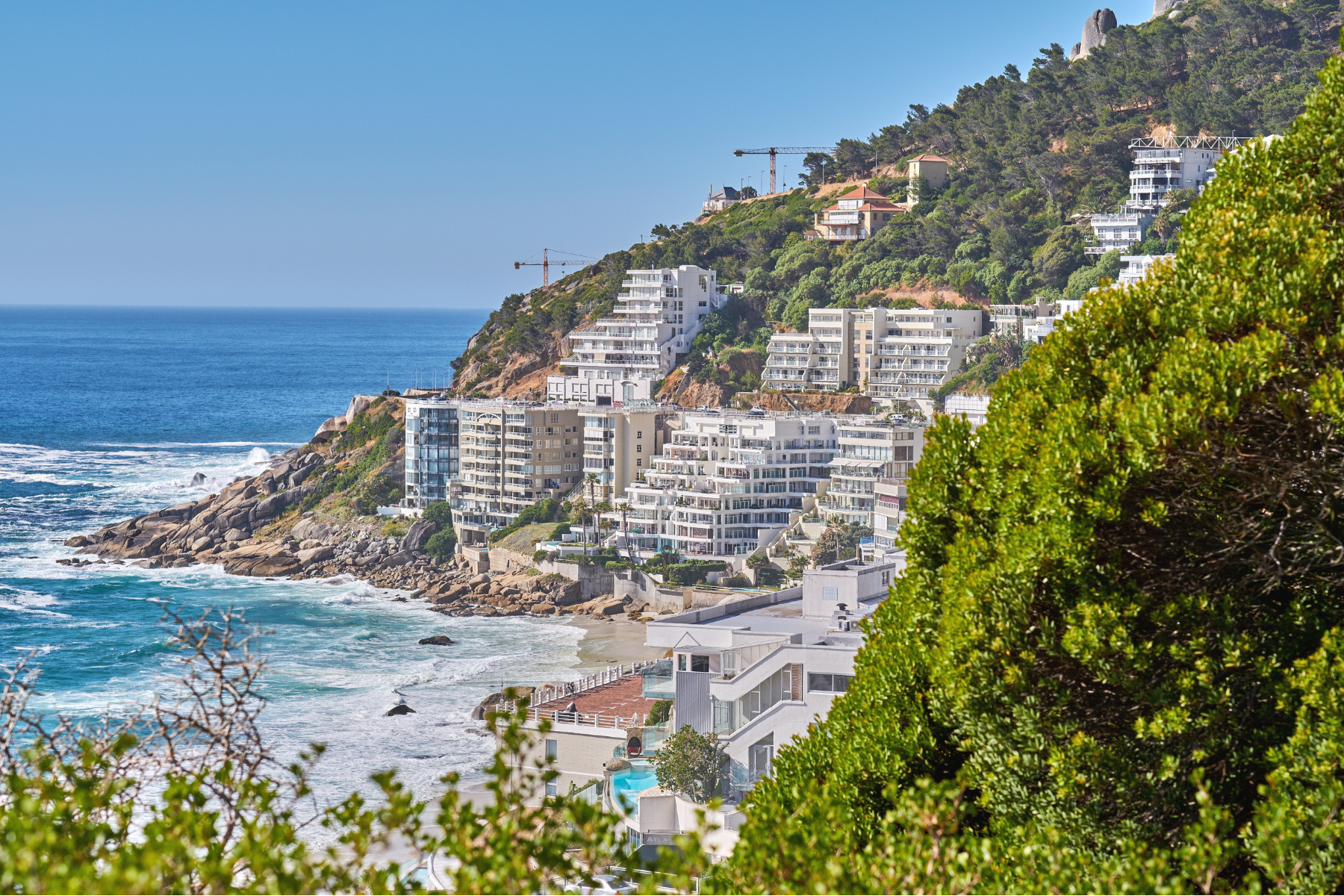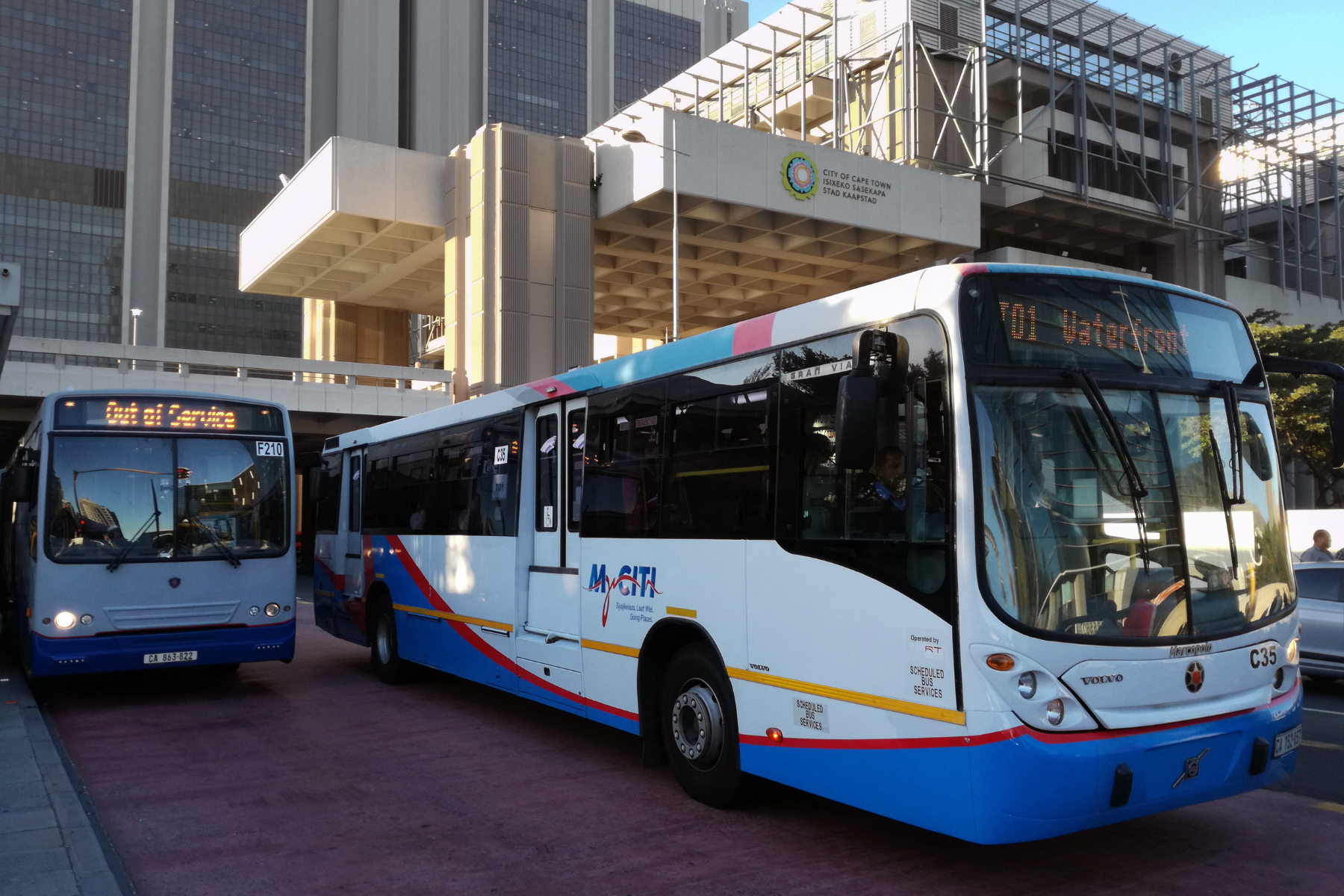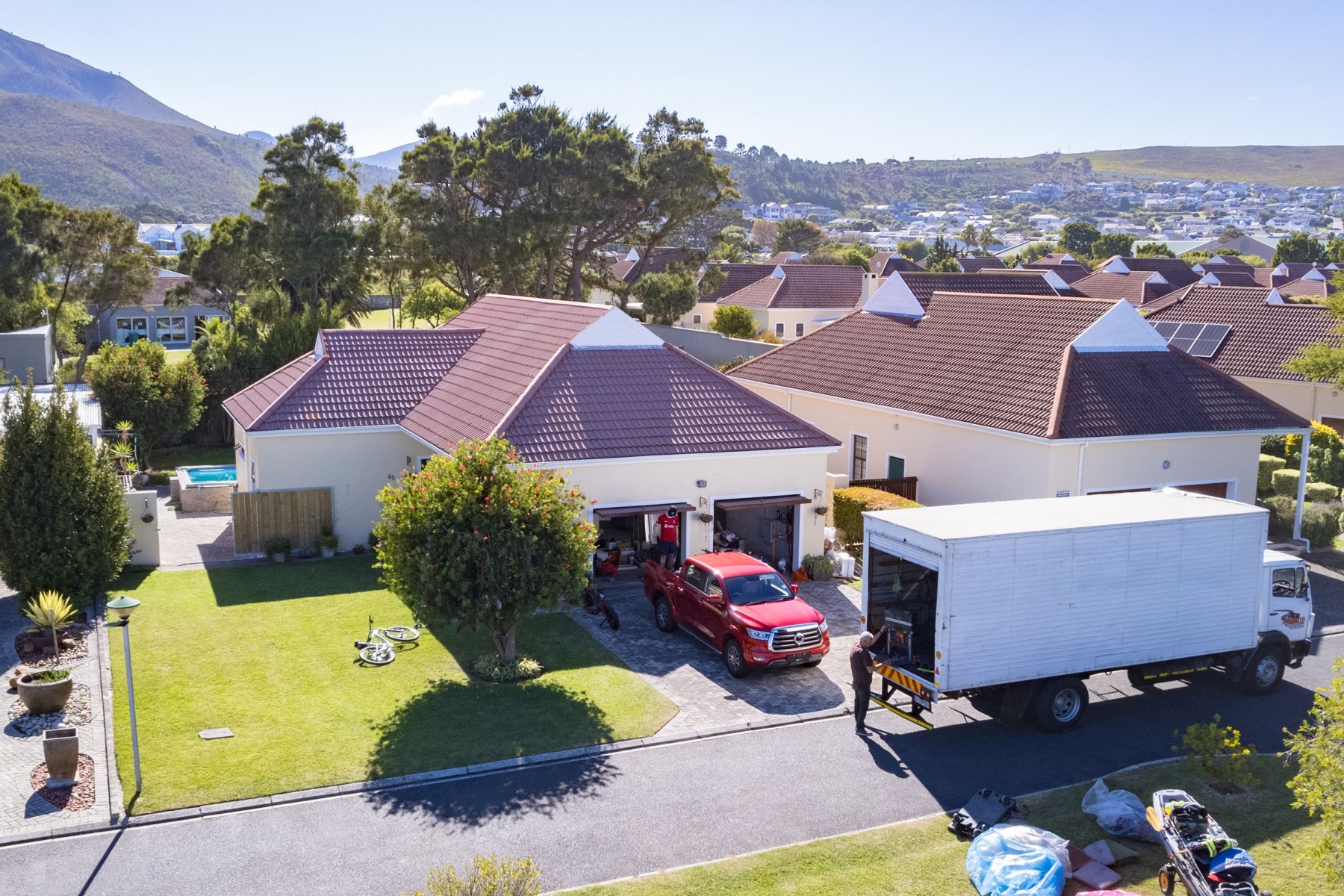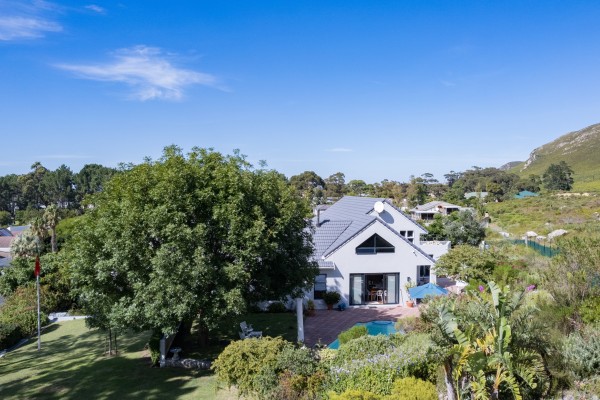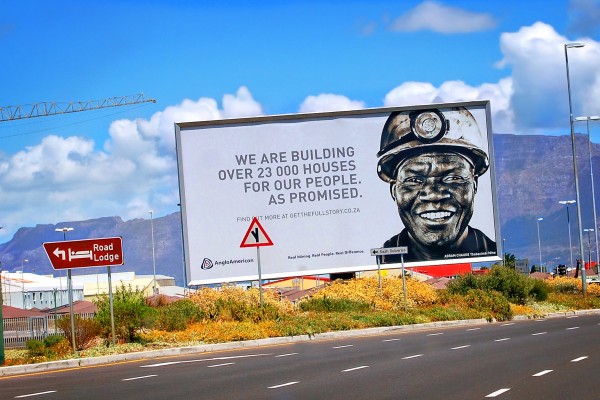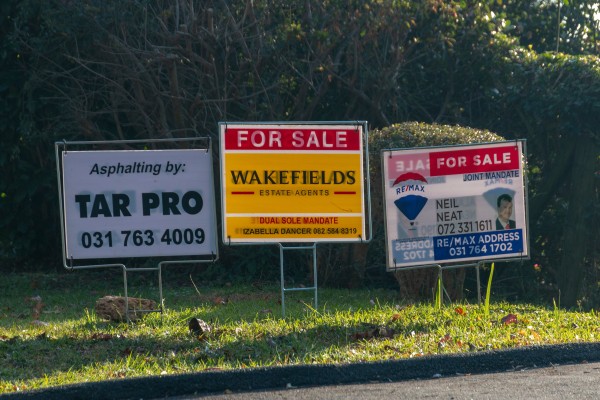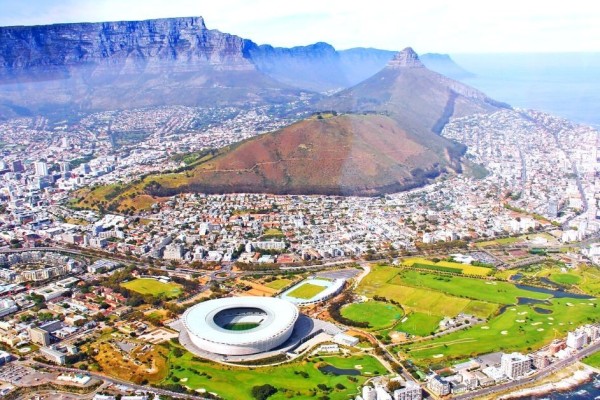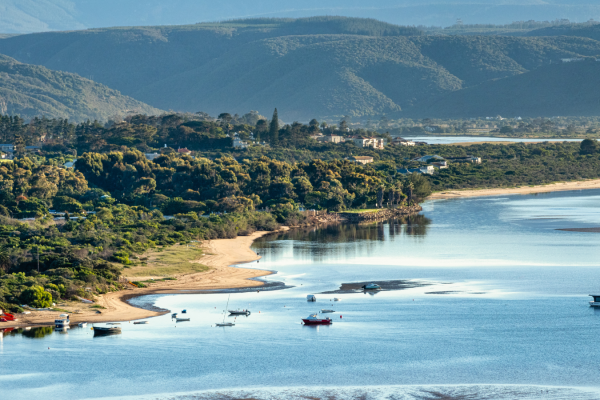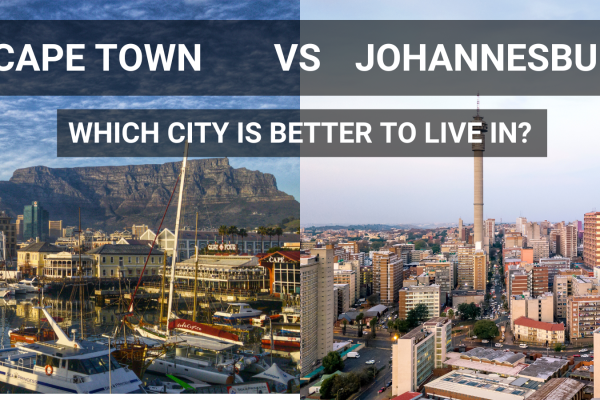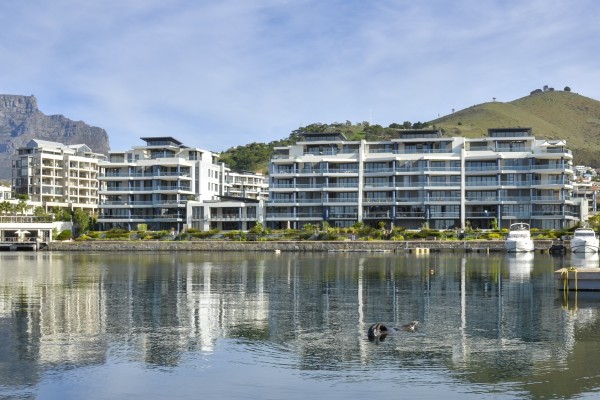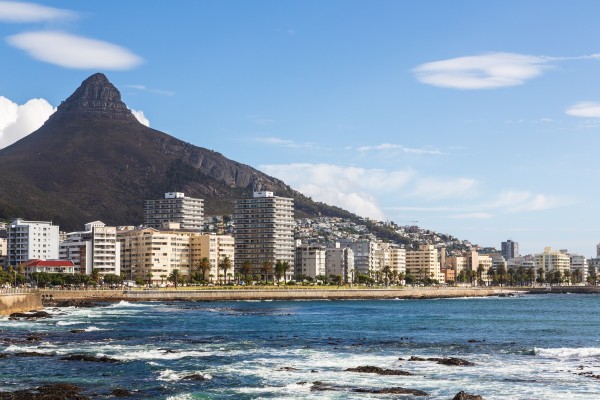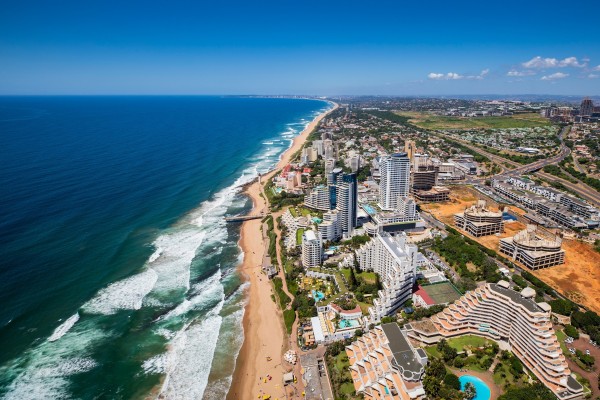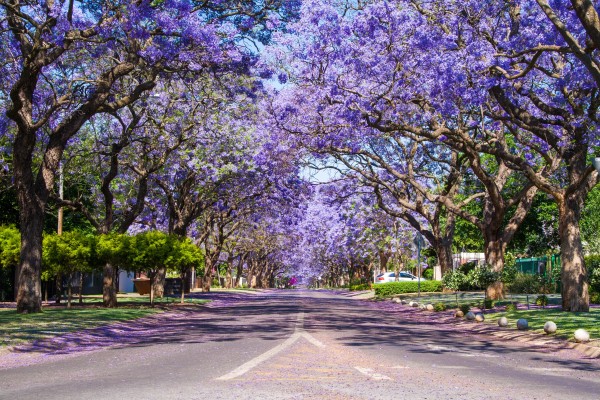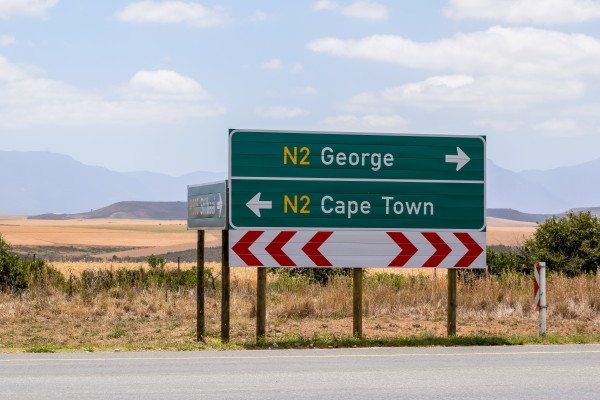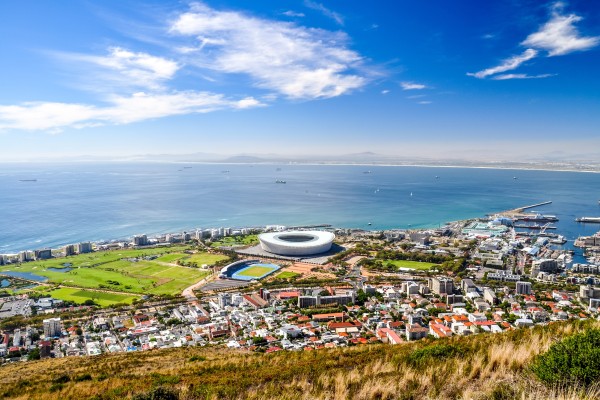A guide to South Africa’s best-run municipalities (and what they mean for property buyers)

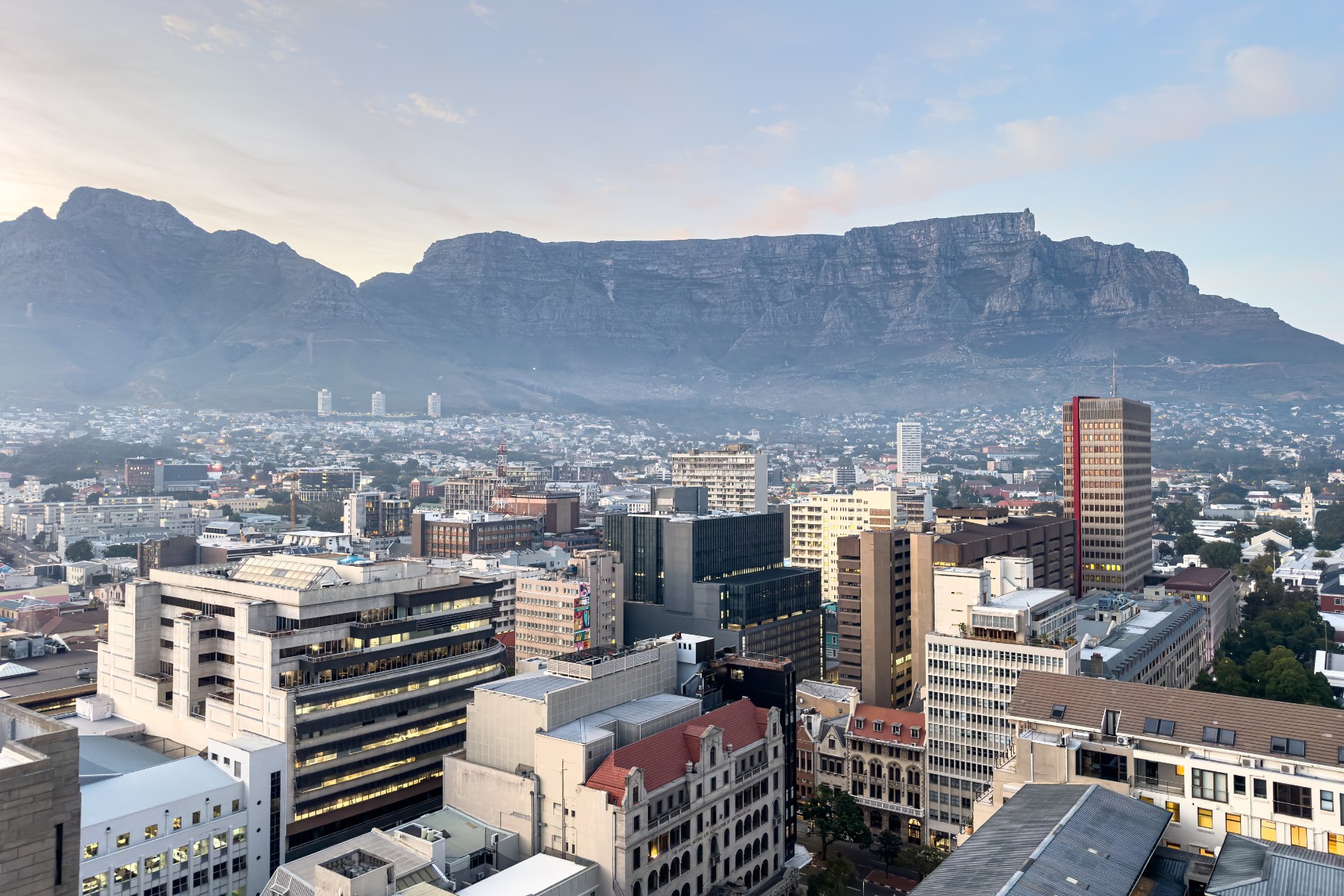
If it takes a village to raise a child, then it takes a municipality to raise a house value. This is especially true in South Africa, where local government has a lot of leeway to get things right (and get things wrong, too). A town that is well-governed and financially stable, with clean audits and a reliable water and power supply, attracts property buyers and builders. This boosts municipal revenue, triggering a virtuous cycle. It works the other way round with struggling municipalities.
Municipal health isn’t necessarily the be-all and end-all of a home-buying decision. Some booming towns are now pricing out many younger families. Other towns that may have governance issues on the one hand, also offer great lifestyles and affordability, resilient private sectors and a strong upside potential.
That said, if you’re weighing up a property deal or comparing rival options in different towns, it’s always worth knowing a bit about the people in charge of the roads, the wiring and the plumbing.
Read on for your guide to the best places to live in South Africa with well-run metros that offer an enticing package of reliable services, property value growth and quality of life.
Why local governance matters to property buyers in South Africa
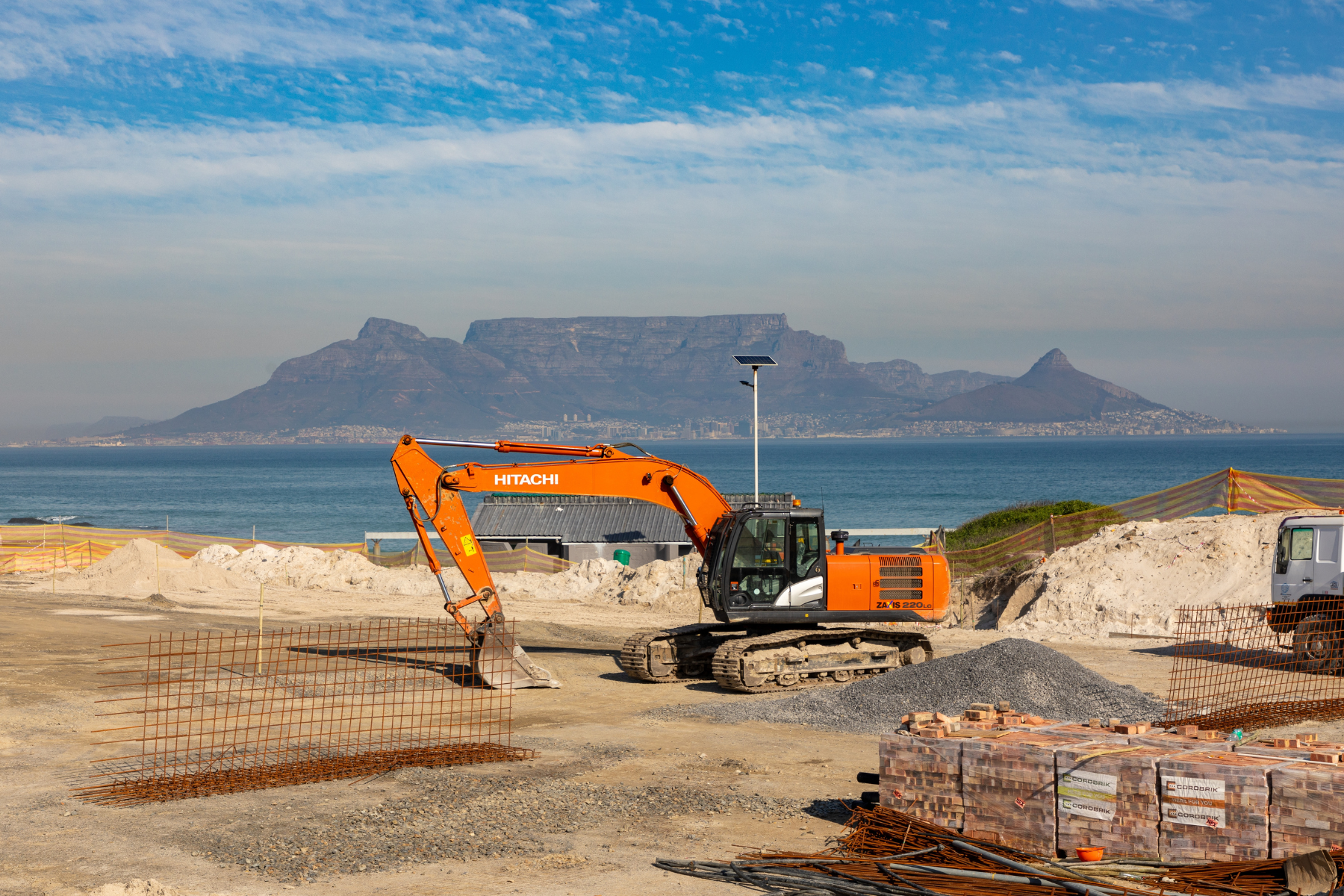 How a city or town is governed impacts the lives of residents, businesses, and home values, too. At a basic level, if the plugs keep working and the taps keep spitting water, life is a whole lot more fun.
How a city or town is governed impacts the lives of residents, businesses, and home values, too. At a basic level, if the plugs keep working and the taps keep spitting water, life is a whole lot more fun.
There are also the small but important productivity boosts that people in well-run cities might take for granted. If you don’t waste 20 minutes a day in preventable traffic caused by broken infrastructure, you can spend those 20 minutes doing your job a little bit better. You could also go for a quick jog instead, to keep your heart in good working order. Or just knock off earlier and scratch your cat’s head.
But the bigger picture is the future. If local finances are well-controlled and planned, then the municipality can afford to sustain proper capital expenditure now and in the next decade for vital things like road improvements and water infrastructure upgrades.
For example, Cape Town’s infrastructure budget in 2024 was nearly double that of Johannesburg, which is a significantly bigger city.
These continual investments are crucial to support property values in the long term. That in turn lifts investor confidence, which expands the rates revenue from rates paid and builds a culture of payment for services, making the municipality richer. So, it’s a bit of a chicken-and-egg scenario. But invariably the chicken in the equation-or perhaps the golden goose—is any municipality that looks after its assets and its books, and employs a strong workforce committed to serving the people.
What to look for in a well-run municipality in South Africa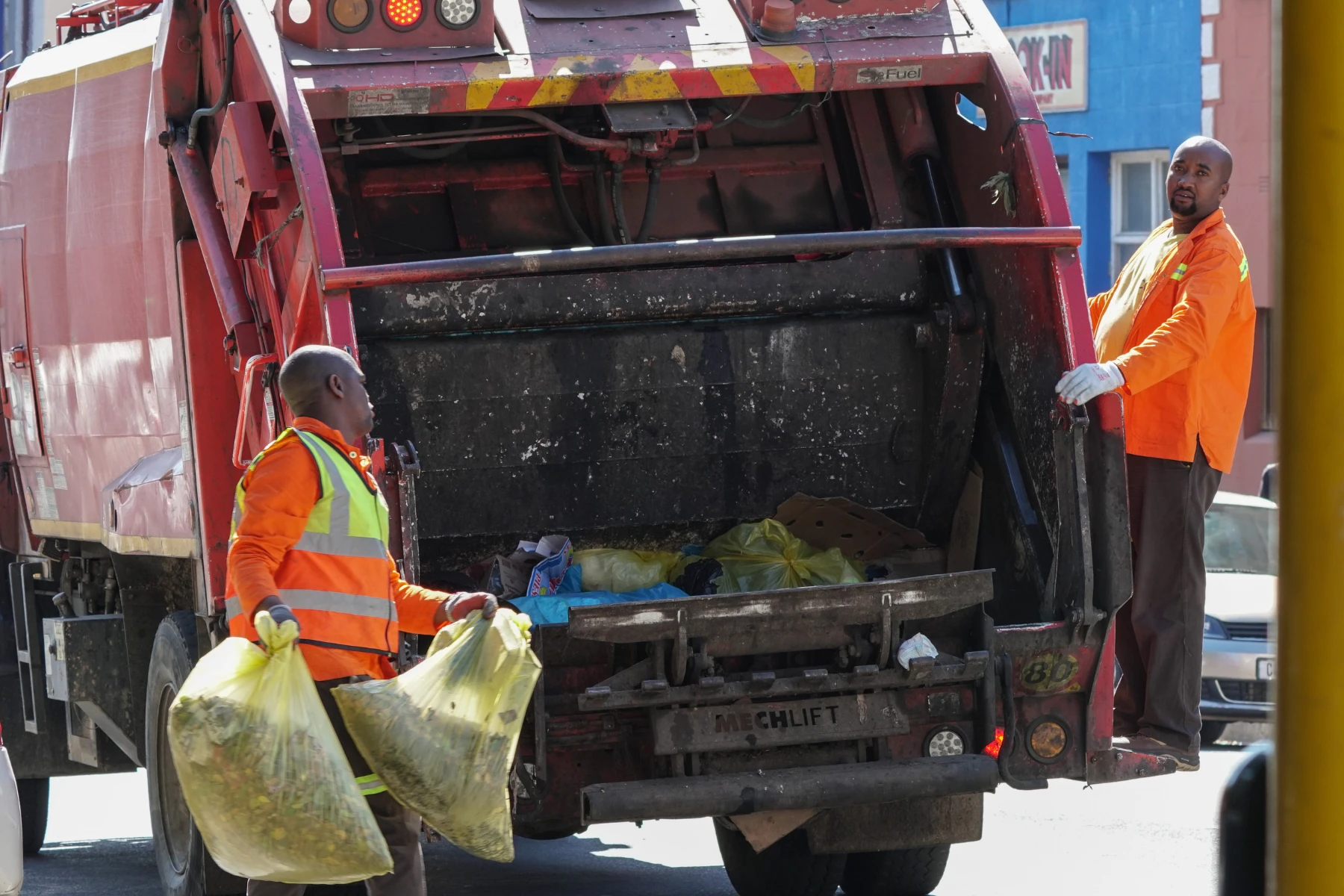
Looking at your basic needs (electricity, water and safety)
In some ways, you can judge a municipality’s record simply by driving down the main drag. Are the traffic lights working? Are the road markings clearly painted? Are the pavements clean and the verges trimmed?
Some of the tasks undertaken by city administrations may seem trivial compared to the more critical basic needs, such as water, power and roads. For example, emptying rubbish bins regularly, maintaining public pools, or scrubbing graffiti from public buildings. However, if a municipality sweats the small stuff, it usually means it also sweats the big stuff. That correlation between routine operations and strategic discipline is especially tight in rural communities.
A reliable source of power and water is another strong indicator of a municipality’s ability to manage its core responsibilities. Power cuts and water outages are among the biggest concerns for South African homebuyers, so it's worth looking into how proactive a local authority is about mitigating these challenges. Municipalities like Cape Town, George, and Midvaal, for instance, have invested in alternative energy, solar infrastructure, and water conservation projects—all signs of forward planning and reduced reliance on national utilities.
Safety is also important. While policing is largely managed at the national or provincial level, municipalities can support safer communities by investing in urban improvement districts, CCTV systems, and public-private partnerships.
Looking at the numbers
Beyond the drive-through ‘eye test’, you can also go to the official numbers for confirmation, by checking how well the local authority has performed financially in recent years, according to the auditor-general’s reports.
Any town that consistently gets clean audits (with no findings) is ideal. Unqualified audits with findings are the next best thing, while qualified audits are less encouraging. If ever you see the words “adverse finding” next to a town’s name, consider it a big, bad, red light.
Audit terms explained
- Clean audit: No issues with financial records or compliance
- Unqualified audit (with findings): Finances are okay, but some compliance concerns
- Qualified audit: Problems with finances or oversight
- Adverse audit: Major concerns, unreliable reporting and systems
How governance affects property values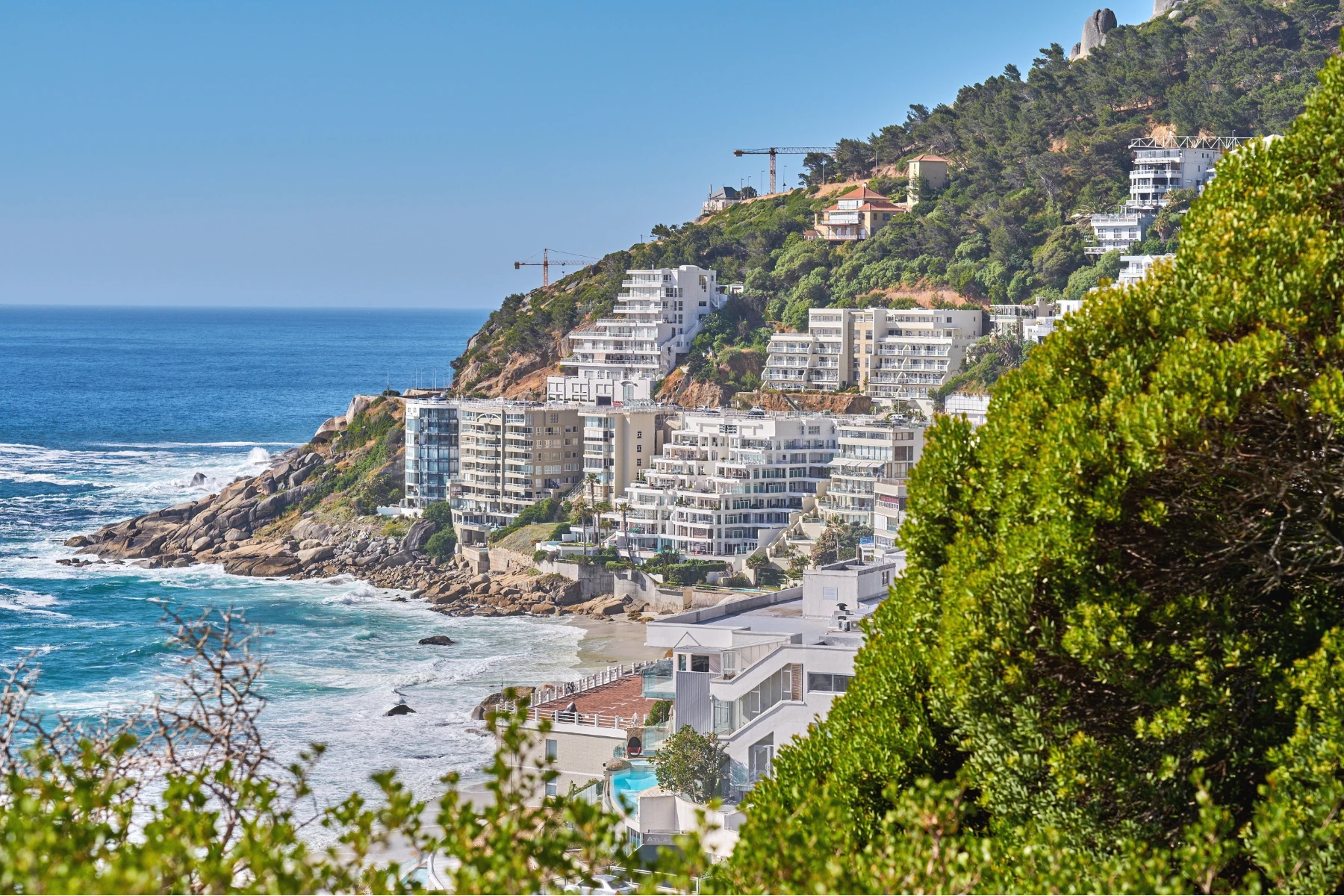
When municipalities are well-run, it boosts property values in two ways.
-
The first is the direct effect—by creating confidence among buyers that a property in that location will be well serviced in future.
-
The second is more indirect—when large numbers of homebuyers and renters move into a well-governed area in search of a better lifestyle, this boosts demand and reduces available stock, which invariably boosts prices.
This has been a pattern in many coastal towns, especially Cape Town, where prices have been lifted by ‘semigration’.
Examples of South Africa’s best-run municipalities in 2025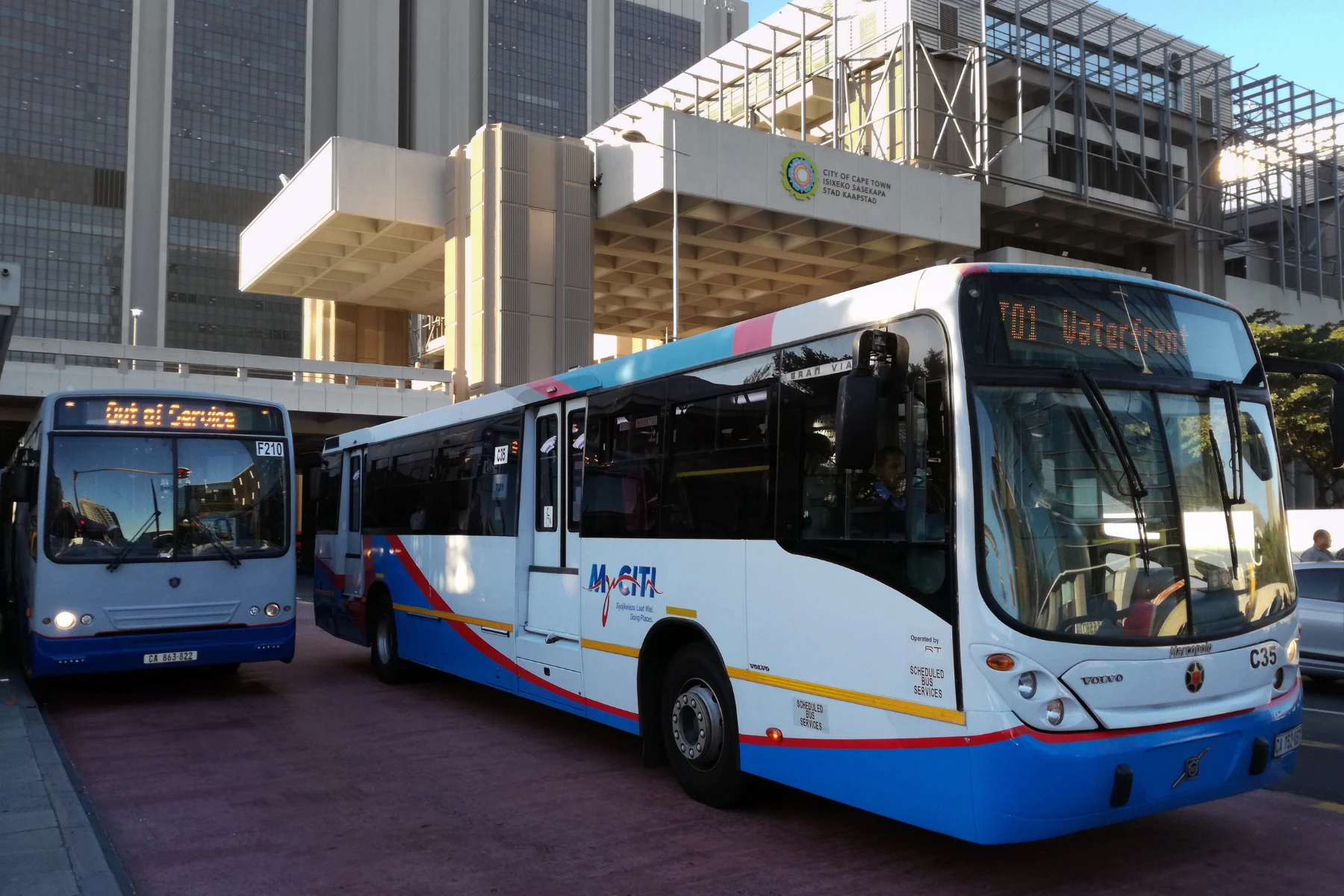
Top municipalities to invest in property (2025)
Below are the best-performing larger municipalities in South Africa for you to invest in, according to a 2024 ranking report by Good Governance Africa.
- Cape Town (Western Cape): Strong semigration demand, world-class amenities, high infrastructure spend and a stable municipal budget make it a top-tier long-term property investment.
- Midvaal (Gauteng): High governance scores and close to Johannesburg with lower costs.
- Mossel Bay (Western Cape): Strong tourism market with coastal appeal as well as clean audits.
- George (Western Cape): Rapid infrastructure growth and great lifestyle options for families.
- Saldanha Bay (Western Cape): Affordable coastal properties with increasing interest from both retirees and remote professionals, as well as solid audit performance.
Top-performing municipalities in other provinces
- Ray Nkonyeni (Port Shepstone, KZN): Steady value growth in properties, attracting both retirees and remote workers.
- Alfred Duma (Ladysmith, KZN): A regional hub with improving infrastructure and consistent municipal performance, offering property investors a balance of affordability and growth in northern KwaZulu-Natal.
- Coega (Humansdorp, Eastern Cape): Proximity to the Coega Special Economic Zone and Port Elizabeth makes it an emerging hotspot for logistics and industrial growth, with investment potential for property near these hubs.
- Blouberg (Limpopo): Budget-friendly option with improved local municipal governance.
- Hantam (Northern Cape): One of the Northern Cape’s top performers, Hantam offers affordable property and a high standard of basic services relative to other small towns.
Many of South Africa’s best-performing municipalities are found in smaller towns, where strong governance, affordability, and consistent property demand often come together. Within South Africa, the 2025 Wise Move Migration Report reveals growing inflows into these emerging towns, underscoring their rising appeal as investment destinations.
How to check if a municipality in South Africa is reliable
A good way to cross-check a municipality’s performance is to consult a wide range of sources.
- Auditor-General South Africa
- Municipal Money portal
- Look at local news websites or knock-and-drop newspapers.
- Browse social-media groups or pages devoted to the city or town, or search for forum threads on platforms like Reddit.
- Speak directly to people in the know, like local estate agents, NGOs or property developers.
Pick the best place and the best way to move there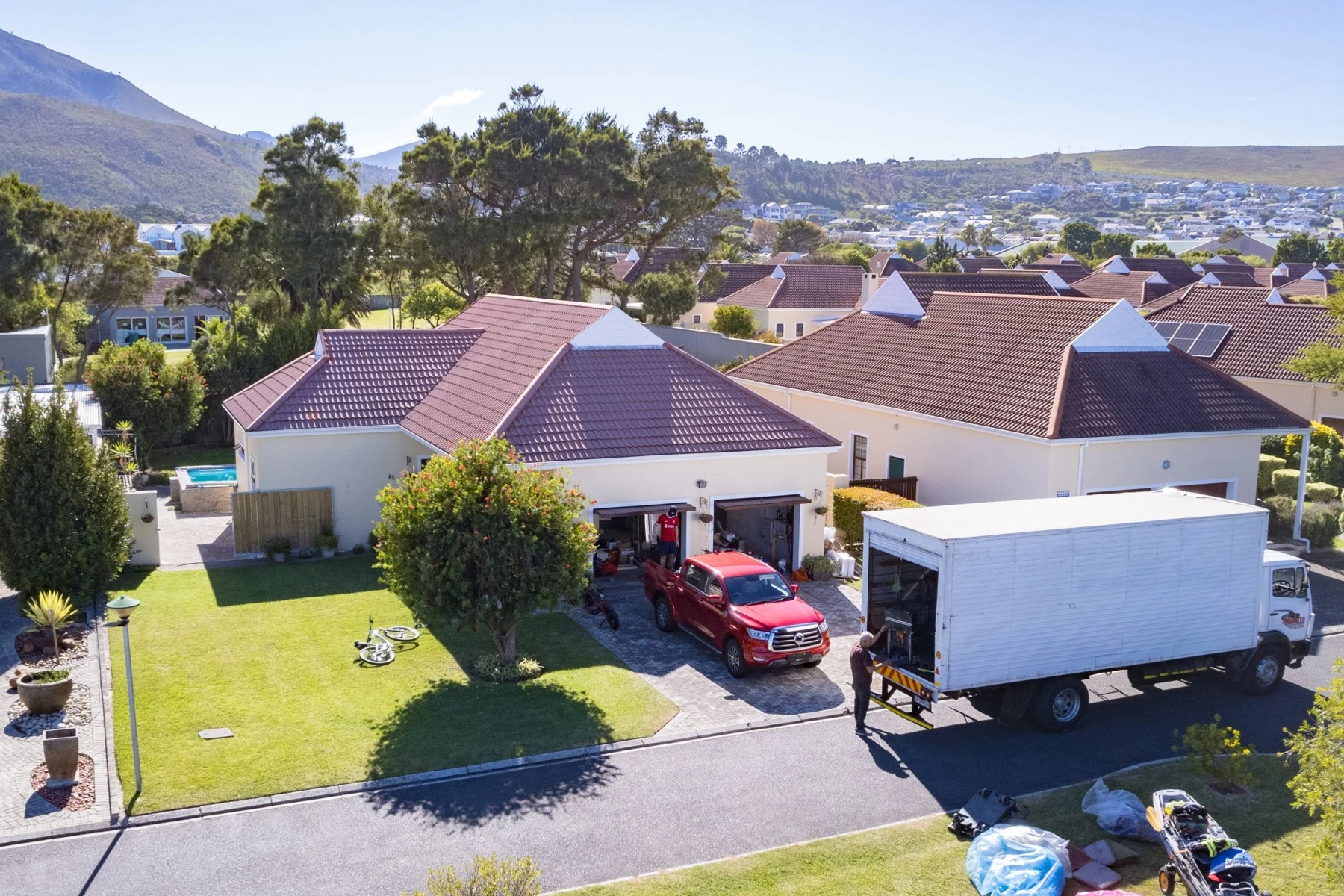
Spotting South Africa’s best-run municipalities is not complicated. They have good roads and services, growing economies and rising house prices. Choosing where to live is often more complicated. There are many reasons one might actually choose to live in a municipality that may not be considered well-run.
The recent 2025 Wise Move Migration Report found that career opportunity, either a job or a better chance of a job, was the leading reason for migration within South Africa, closely followed by factors such as marriage, education, promotion, or retirement.
Wherever you decide to move or live, it’s a good idea to use the Wise Move platform to make sure your moves are well-governed. You’ll get a range of competitive quotes from South Africa’s most respected home movers, all in one place. Read customer reviews, check the moving companies' profiles and images and book the best team for the job, knowing you've made a wise decision.
FAQs on South Africa’s best-run municipalities
Which are the best-run municipalities in South Africa?
Municipalities like Cape Town, Midvaal, Mossel Bay, and the West Coast District consistently receive praise for their financial discipline, service delivery, and clean audits.
What is the best-run metro in South Africa?
The City of Cape Town is widely regarded as South Africa’s best-run metro when it comes to services, planning and infrastructure management.
Which South African municipalities are financially stable?
Midvaal, Saldanha Bay, Cape Town, and Mossel Bay have clean audits and strong finances.
Which city in South Africa has the best quality of life?
Cape Town regularly tops quality-of-life rankings due to strong governance and amenities, though high housing costs offset these advantages for many residents.
Which is the highest-paying municipality in South Africa?
Johannesburg and Cape Town often top the list of cities in which municipal workers are better paid. Higher pay doesn’t always reflect service quality, staff satisfaction or morale.
What is the richest municipality in Africa?
Johannesburg is often cited based on having the continent’s largest GDP and municipal budget, though Greater Cairo has a larger urban economy, and Cape Town is arguably the best capitalised city in Africa, with more infrastructure investment than its rivals.
